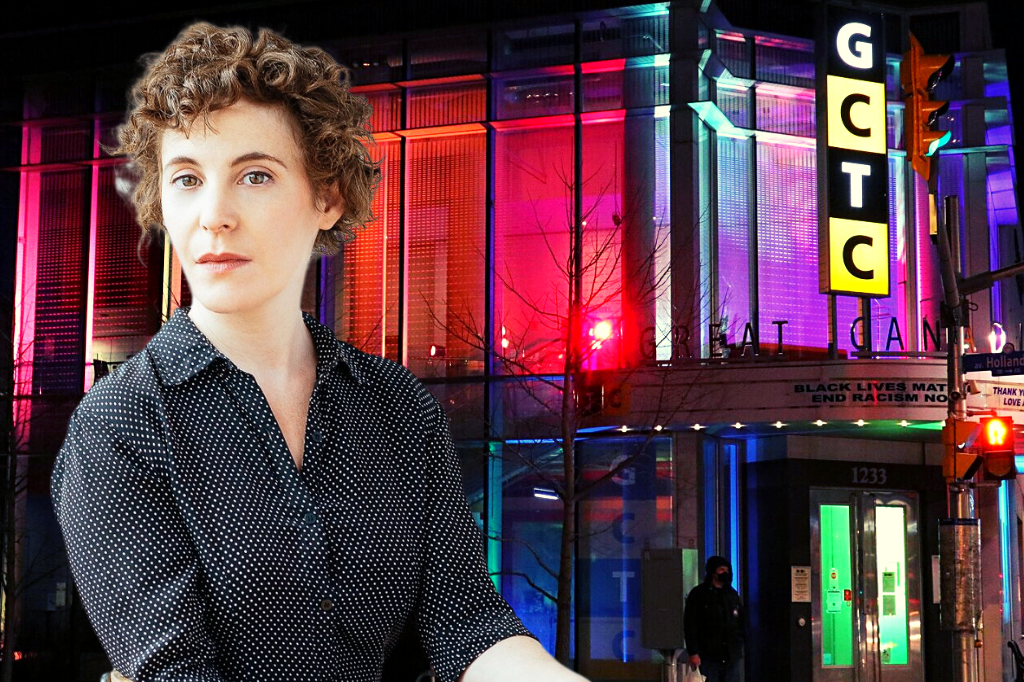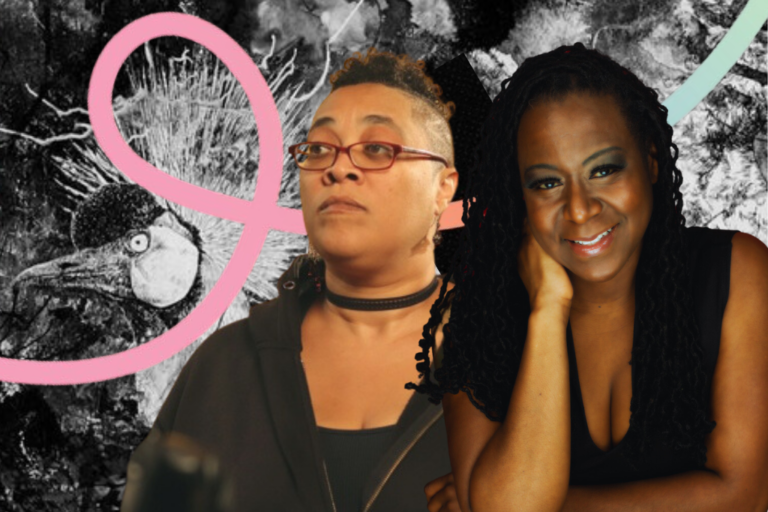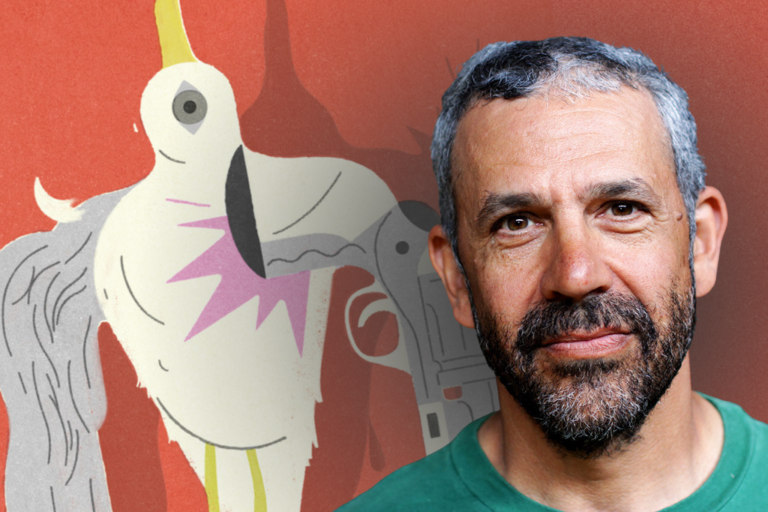Optimism As Resistance: In Conversation with GCTC’s Sarah Kitz
Nestled into the heart of Ottawa’s cozy, funky Hintonburg neighbourhood, the Great Canadian Theatre Company is one of the capital’s most foundational theatre spaces. GCTC performs innumerable, pivotal roles in the Ottawa theatre community: it incubates; it challenges; it nurtures. It brings in thought-provoking productions from across the country, and encourages works in progress from right in Ottawa.
And, in its first full season since the pandemic, GCTC is helmed by a new artistic director: Sarah Kitz.
Kitz’s career in Canadian theatre is a storied one, with directing stints at Stratford, Shaw, and everywhere in between.
“I’m genuinely lucky to be here,” said Kitz in an interview. “The generosity at GCTC and within the community are remarkable to me. I’m so excited to be here.”
GCTC is a unique institution in Ottawa — it’s one of the only companies with its own physical space. (If you’re curious, the NAC theatre departments are the only other professional companies with spaces they own rather than rent on a project-to-project basis.) As such, the company wields a significant amount of power over the city’s theatre landscape — everything from its programming to its internal organization extrapolate out to the larger ecology.
Kitz understands that responsibility — and she’s excited by the challenge it poses.
“GCTC’s offerings are quite political and edgy. So that’s enticing to me as an artist in a position to curate,” she said.
“We have ‘Canadian’ in our title, so we have to be reflective, and critical about what the mythmaking of Canada is, how we built this place we call Canada. We have a responsibility to react to the power structures that created this state, and what we want this place to be moving forward.”
This year’s season is eclectic and challenging — and beautiful. Featuring work from a diverse range of voices, the work is far-reaching and yet specifically speaks to this moment in Canadian history. Toronto theatre fans will note Cliff Cardinal’s radical re-telling of As You Like It heads to Ottawa in January — and they’re encouraged not to spoil the play’s conceit.
“All I’ll say is Ottawa audiences should come and see it. It’s shrouded in secrecy for a reason,” said Kitz with a laugh.
“I want people to come with a sense of adventure.”
The rest of the season is Kitz’s first she’s programmed at GCTC, and she couldn’t be more excited for it.
“We can’t pretend we’re somewhere other than where we are. We desperately need to gather, and I wanted to look at how we move through hardship, towards repair, towards justice, towards deepening relationships, rather than towards the chasms that social media exacerbates by perpetuating binary conversations over nuanced ones,” said Kitz.
“My hope is that this season provides a place for people to gather together and unravel complex issues in the community. I hope we can leave with a sense of hope and optimism about things we can build towards together.”
Kitz sees optimism as an act of resistance — a creative act against societal malaise. And it’s important that Ottawa’s theatre engages in that revolution.
“Struggle feels good in this context,” said Kitz. “Apathy is the great killer. After 2+ years of pandemic, and what’s happening around the world, it’s easy to feel stuck. But we need to demand different structures, dream different structures, build structures. And that desire is expressed, I hope, in the shows we’ll see onstage this season.”
For Kitz, what’s important now is committing to embedding within the community — and being a resource to those who need it.
“I’m here. I’m available. I want to meet artists, and I want to listen to what people have to say, what’s happening here, what’s not happening here, what you need, what you want, what you’re thinking,” said Kitz.
“I want the community to come together.”
You can check out GCTC’s upcoming season here.















Comments